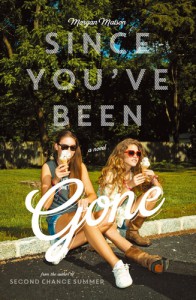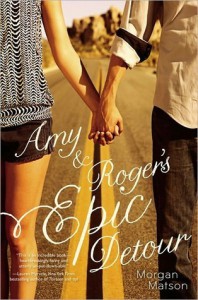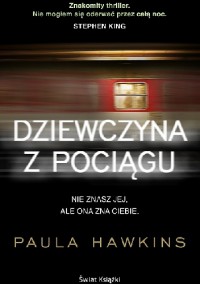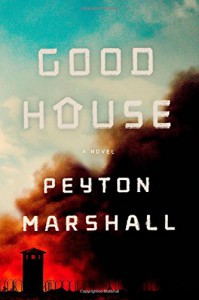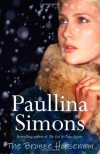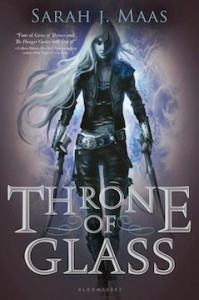
Brief Background: Celaena Sardothien, a young-yet-skilled assassin from Terrasen, is captured by her enemies and enslaved in the mines of Endovier at the tender age of 18. After a year of labour, she is offered a deal by the Crown Prince of Ardalan - enter the royal competition to become the King's personal assassin, and have a chance to reclaim her freedom. The competition is by far the least confronting side of living in Ardalan, Celaena soon discovers. Dark, twisted adversaries lurk at every turn, and she is confronted by the uncomfortable feelings she develops towards some of the other people at Court - loyalties which she never intended on making.
What I Liked:
Originality and depth of setting: There is no doubt that Sarah J. Maas put an extraordinary amount of time in developing Erilea ("the world"), including the intricate histories of Ardalan, Terrasen and Eyllwe, and the former's eventual dominance over the continent. The map at the very front of the book proved essential in piecing together the various places which Celaena and her companions have come from and go to throughout the novel. The setting is well described, evokes feelings of loneliness, oppression and opulence and is brilliantly carried throughout with asides of bloody history (mostly from Celaena's own past, but also that of others). It is clear that the author spent a lot of time not only developing, but (within her own head, at least) living in this world.
Language and structure: The short paragraphs kept things moving quickly, and Maas didn't spend an exorbitant amount of time describing the intricate details of character's faces and clothing. Although the detail was there, it was clearly ancillary to the action laced throughout the novel, and the author was quite brilliant at the pacing. Unlike some young adult novels, which can get stagnant in the middle, this book did not. It continued to be a page turner and placed snippets of action throughout the prose instead of leaving the winding up of conflict right until the end of the book. Similarly, I was impressed by Maas' writing style which was surprisingly eloquent and polished (unlike many other YA novels which are unfortunately rough around the edges and colloquial). I appreciated her literary prowess and use of language devices, which were present enough to make the prose interesting and embellished, but not so overpowering it became convoluted (see my review on "Shatter Me" for the exact opposite of this).
Celaena's Character: It was so refreshing to pick up a young adult novel with a strong, centrally focused, female character without her becoming a replica of either Hermione Granger or Katniss Everdeen. Celaena is no doubt her own, flawed, yet lethal personality which offers a breath of fresh air into a genre which is quite often littered with similar or extraordinarily weak female protagonists. Celaena wasn't just strong, lethal and capable, she was similarly imperfect. Vain, arrogant and snide, Maas has created a character which not only provided a rallying point but also showed that skill-beyond-measure isn't necessarily good for the soul.
What I Didn't Like:
The Duel Scene: Without giving too much away, I thought the conclusion of this scene was confusing - so fast paced that it became erratic and unbelievable. Celaena is a strong character on her own, and I felt that this scene dis-empowered her by the reliance on ancillary characters to come to her aid. Similarly, the ending was sort of unbelievable given the amount of injury sustained to all characters involved - it sort of seemed like a bit of a cop-out, yet the amount of detail and linking of central themes here led me to believe that Maas wasn't simply trying to find a convenient way out for her protagonist. Instead, it just became a frenzied and convoluted scene which probably wouldn't have mattered so much if it wasn't so crucial to the tying up of mysteries. It was the one part of the fast-pacing that I thought let the book down.
The Good-vs-Evil Divide: Aside from Nehemia, there really appear to be no characters in this book which show both good and evil. There are no "bad" characters which show a struggle, or "good" characters who show overwhelming flaws. The adversaries in this novel are damned as such from the moment you meet them - showing, at times, no reason for their avarice or depravity, as their character and back story are not well developed. Instead, Maas spends a lot of time building her hero/heroine characters, who similarly don't appear to show much of a struggle between their upbringing and their moral views. That is to say, for characters such as Chaol and Dorian, who have been raised with the views of the court, although suspicious of Celaena and Nehemia, feel almost unequivocally that they are worthy of sympathy, or that their moral standing is pure. There is very little personal growth here. Yes, Chaol may get generally less gruff and more likeable throughout, but it isn't due to his internal struggles, and is attributed to his general liking of Celaena. I think a lot more could have been done here to add to the geo-political tensions of Erilea.
Romance: I just couldn't be drawn into the plausibility of the romance in this novel. The characters themselves just didn't really match well together, and I was much more interested in the possibility of other romances which never developed. Surprising to me because I felt as if other pairings were not just more suitable, but also showed more of a connection. I wasn't sold on the pairing for the majority of the book - mostly because their interaction (however flirtatious) seemed contrived and convenient for the plot. Celaena, although ultimately shown to be an independent character, I think could have carried the novel on its own without a need for male characters to fall for her.
Overall
This book at major parts which irked me, however I will be reading the sequel. Maas' pacing, language and talent for creating mystery which isn't dependent on an overarching love story is quite addictive, and I will be back for more.

 1
1

